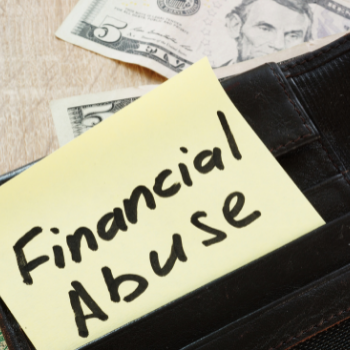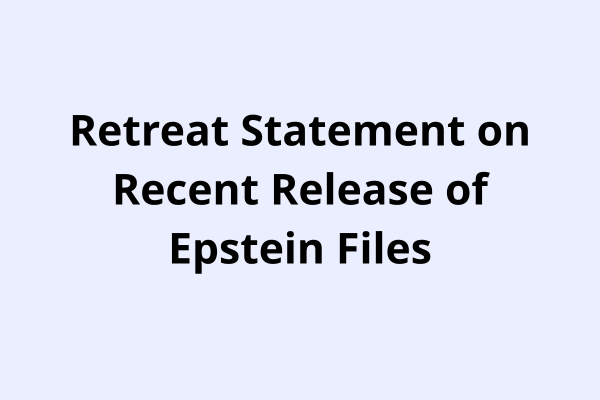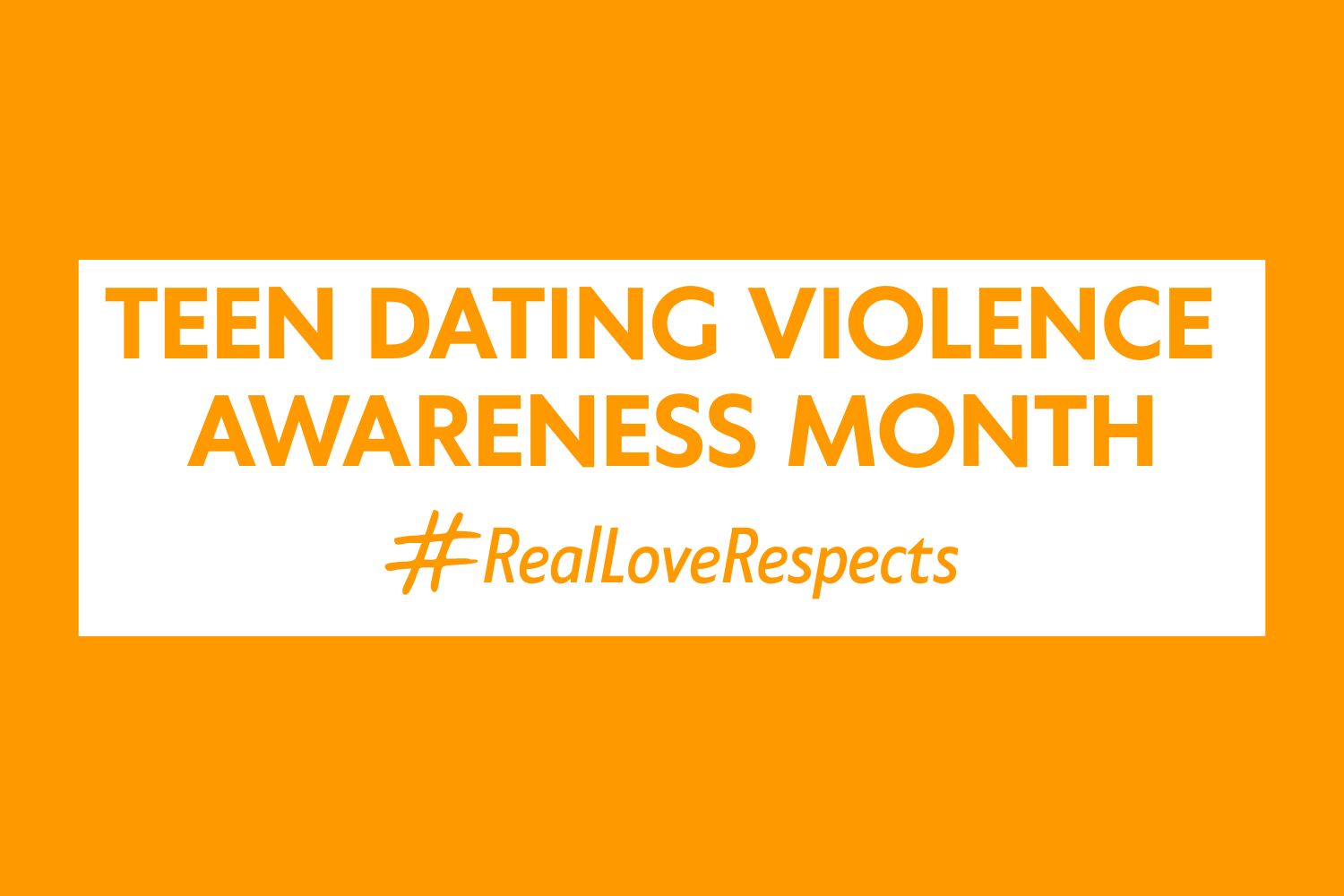
How do you know if you, or someone you love, are being abused? Abuse can come in all forms and is not strictly defined as physical violence- that is, it’s not just a bruise or a black eye. New York state defines a domestic violence survivor as someone whose current or former intimate partner does a variety of things to control them. Sometimes the control can start out in small ways and be very subtle, but it almost always escalates over time and is part of a larger pattern.
As I learned when answering the hotline at The Retreat, there are many types of abuse, and most survivors experience multiple forms.
Of course, the most obvious is physical abuse which includes assault and battery as well as sexual abuse. The abuser uses this as a way to gain power over his/her partner as a form of systematic control. This type of abuse can result in very serious injuries or even death and is often the catalyst for a survivor to reach out for help.
Sexual abuse is a very specific form of abuse that intersects with physical violence. Oftentimes perpetrators who abuse their partners physically, also abuse them sexually and the abuser does not discriminate as to whom they choose as their victims. People of all sexual orientations, races, socioeconomic statuses experience sexual violence. National statistics say that 1 in 5 women will experience rape in their lifetime and 1 in 5 men will experience sexual violence other than rape. As you can imagine, the long-term physiological damage of sexual abuse can cause all forms of mental health issues for a survivor.

Did you know that 94-99% of DV survivors have also experienced some type of financial abuse? Many abusers try to prevent their partners from working or going to school in order to prevent them from having financial independence. Unfortunately, this control is the reason many survivors stay in a relationship, being forced to choose between a life of abuse or a life of poverty and even homelessness is a difficult decision.
Psychological abuse, which is one of the most subtle types, can cause long-term mental health issues. It can also be called verbal, mental, or emotional abuse. Some examples of this might be when your partner threatens to harm you, your children, or your pets, or constantly criticizes you either in private or in public. Alternatively, the abuser might isolate you from friends or family and even stalk you. Many people who experience this type of abuse have depression, PTSD, and even suicidal ideation and often need long-term counseling to overcome their negative thoughts.
There are also very subtle ways of controlling a partner that can be abusive behaviors. For instance, if your partner checks your phone, email, and social media accounts without your consent, that is a warning sign. If your partner is exceedingly jealous and has an explosive outburst of anger on a repeated basis, reach out for help. If you have any questions about whether or not you are being abused, The Retreat can help. Our hotline is open 24 hours a day, 7 days a week. We are always there to help and you are not alone. Call us at 631-329-2200.
Sources: www.ncadv.org , https://opdv.ny.gov/ , www.loveisrespect.org

